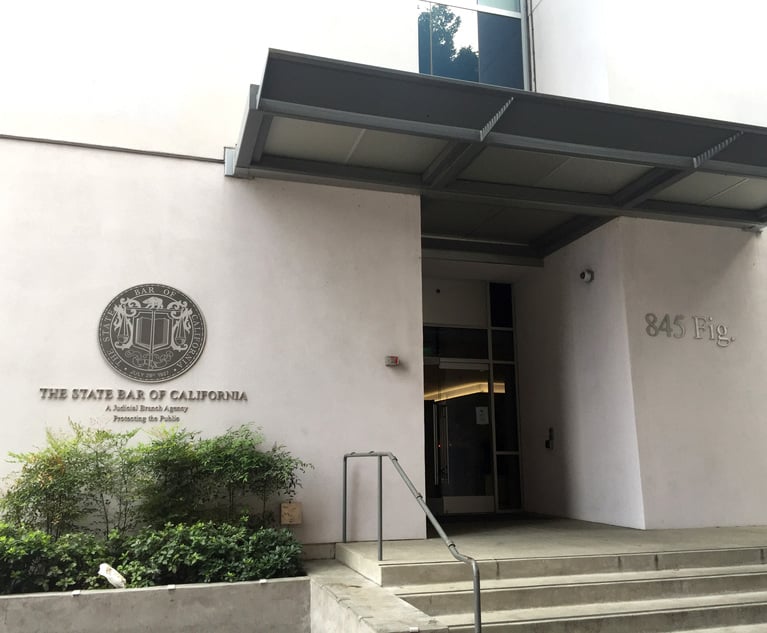This is the first in the series of Consumer Law Watch columns from lawyers at Jenner & Block tracking the latest in privacy/cybersecurity, fintech, food & beverage, trade secrets, and other developments affecting consumer law in California.
With the close of the California state legislative session on Sept. 14, 2019, the final shape of the California Consumer Privacy Act (CCPA)—which is set to take effect on Jan. 1, 2020—came into focus. The most recent amendments included carve-outs for business-to-business contracts and employee records, though both sunset after a year. While the statutory language is settled for now, many questions remain about how it will be enforced. The Attorney General has issued proposed regulations clarifying some of this uncertainty. However, one issue that may be left for future judicial interpretation is the interplay between the CCPA and California’s preexisting consumer protection statutes such as the Unfair Competition Law (UCL) and the Consumer Legal Remedies Act (CLRA). As discussed below, the CCPA contains an explicit prohibition, along with implicit safe harbors, likely to limit certain UCL and/or CLRA claims related to the use or disclosure of information subject to the CCPA.


 Kate Spelman, a partner in Jenner & Block’s complex commercial litigation practice
Kate Spelman, a partner in Jenner & Block’s complex commercial litigation practice




